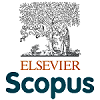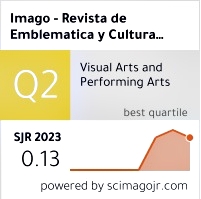Política antiplagio
The journal warns that academic fraud will not be tolerated. There is academic fraud when a publication is not true in whole or in part, and is the product of deception (making up results out of fabricated data; falsifying data and deliberately omitting facts or data) or plagiarism (when an author introduces results, ideas, or data created by others as his/her own; when a text is copied without quotation marks or without indication of source; also when this pre-existent text appears as the author’s own with a few words changed, or in paraphrase, and lacks acknowledgement of the significant assistance of others).
If those practices are detected in the editorial process, publication will be immediately rejected, and the journal will reprimand the author. If the way of academic fraud is plagiarism, the paper will be sent immediately to the real author, so that s/he can undertake appropriate legal action. If the journal detects academic fraud once the work has been published, it will add a statement in which the author’s fraud will be denounced in full. This statement will also appear on the journal’s website and at the bottom of the following issue’s table of contents.
To prevent duplicate publication, the journal requires the author’s declaration of originality, as well as a statement that it is not being sent simultaneously elsewhere, when s/he submits her/his work. An attempt at redundant publication without notification will be looked upon severely by the journal, which will take measures identical to those set out in the case of academic fraud, whether the case is discovered in the editorial process, or when the article is already published. In the latter case, the journal will make a statement of redundant publication in its pages, with or without the author’s consent.














